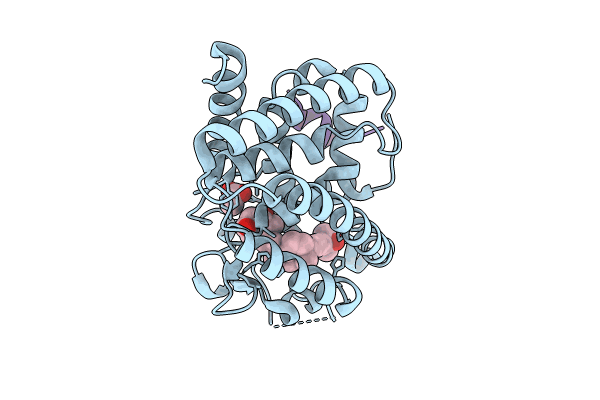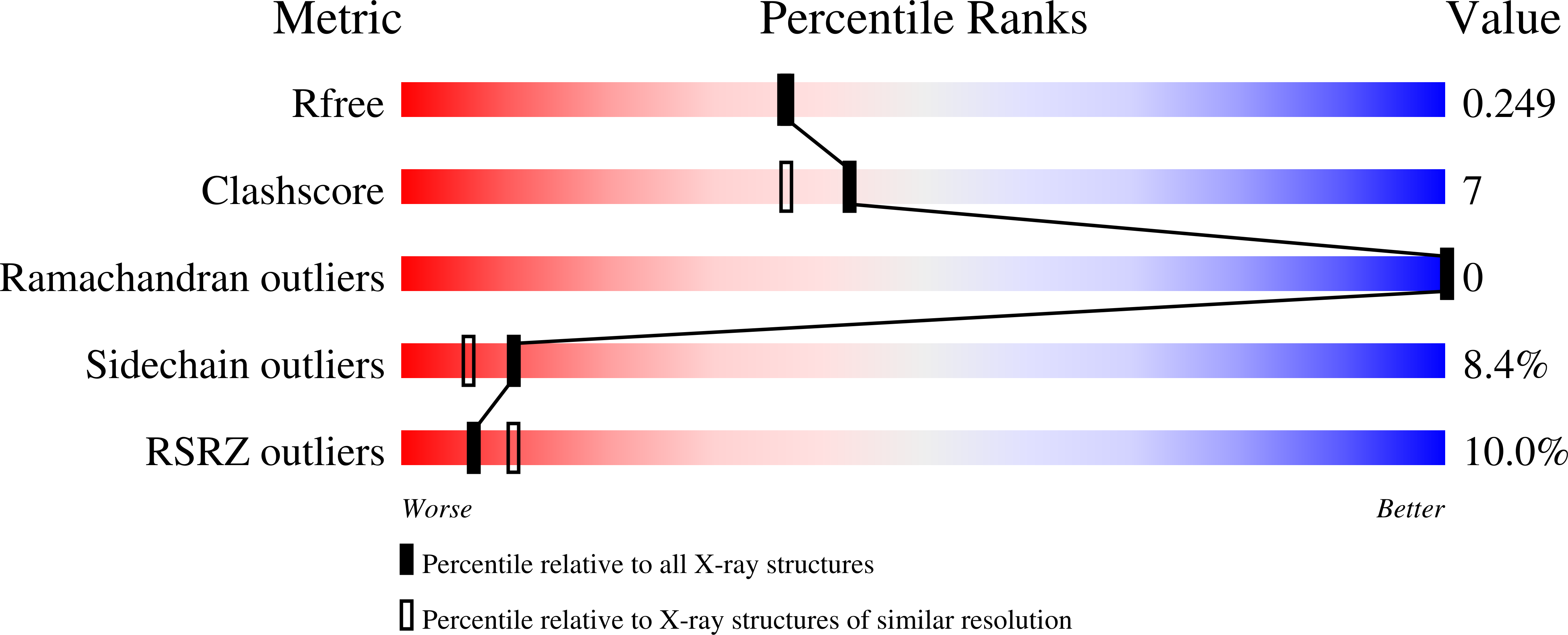
Deposition Date
2023-06-06
Release Date
2024-06-26
Last Version Date
2024-10-16
Entry Detail
Biological Source:
Source Organism(s):
Danio rerio (Taxon ID: 7955)
Homo sapiens (Taxon ID: 9606)
Homo sapiens (Taxon ID: 9606)
Expression System(s):
Method Details:
Experimental Method:
Resolution:
2.15 Å
R-Value Free:
0.24
R-Value Work:
0.20
R-Value Observed:
0.20
Space Group:
P 65 2 2


